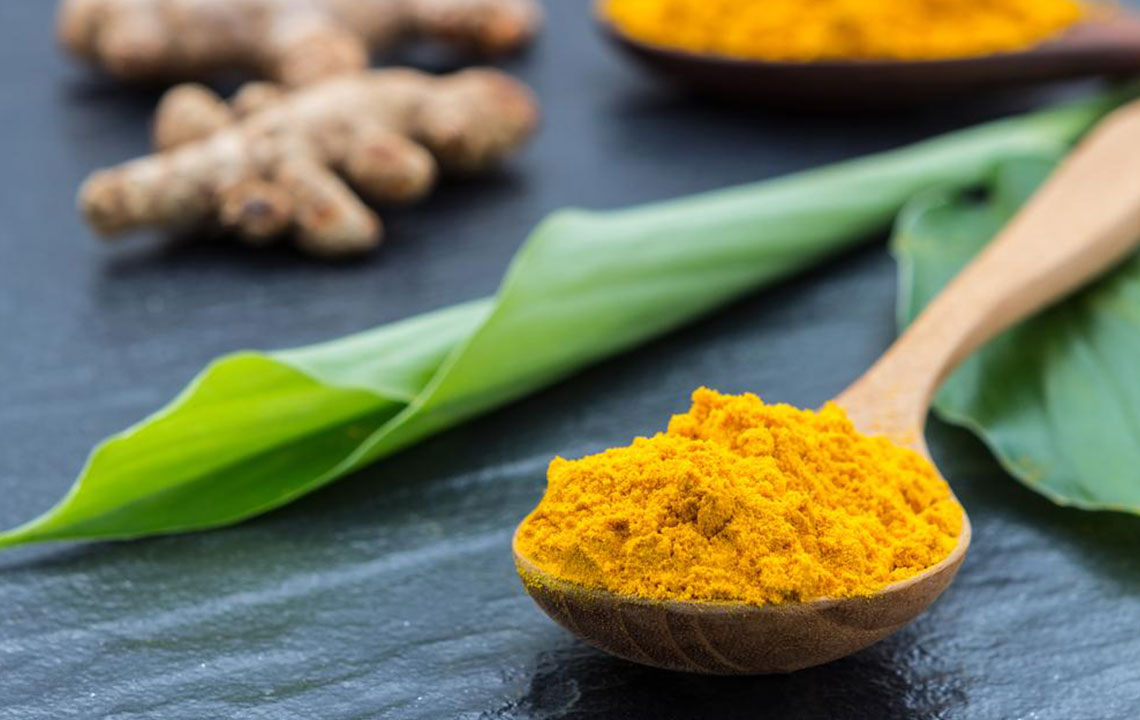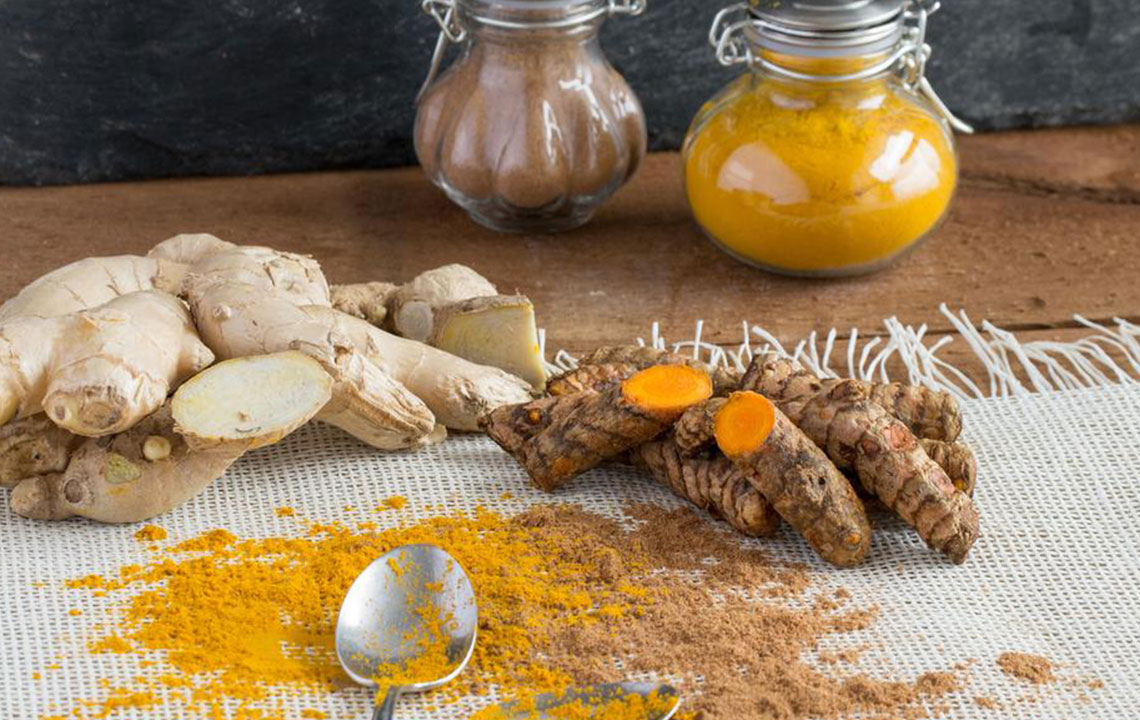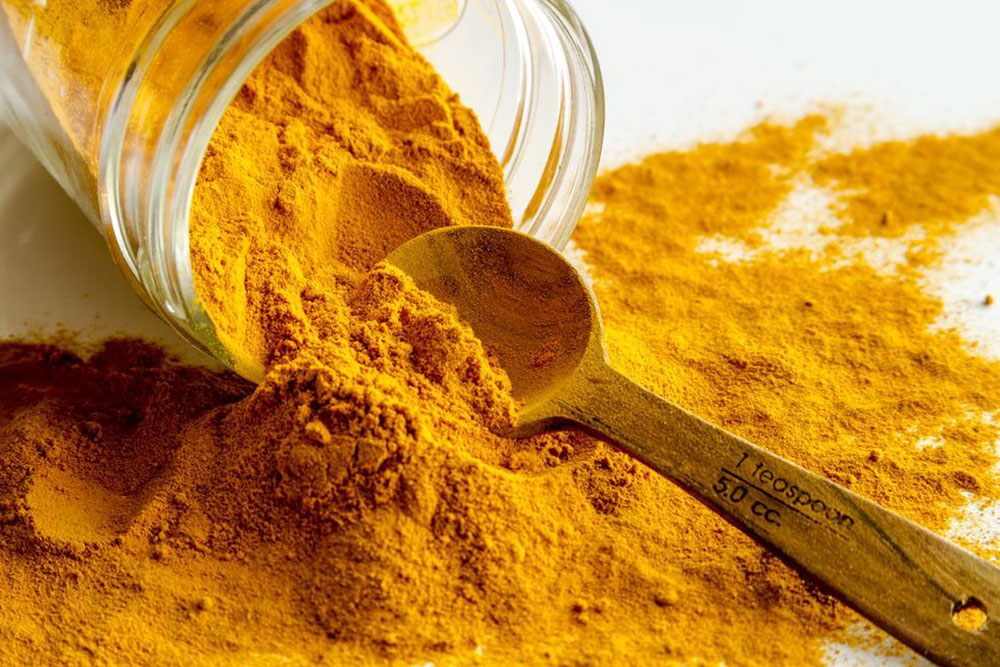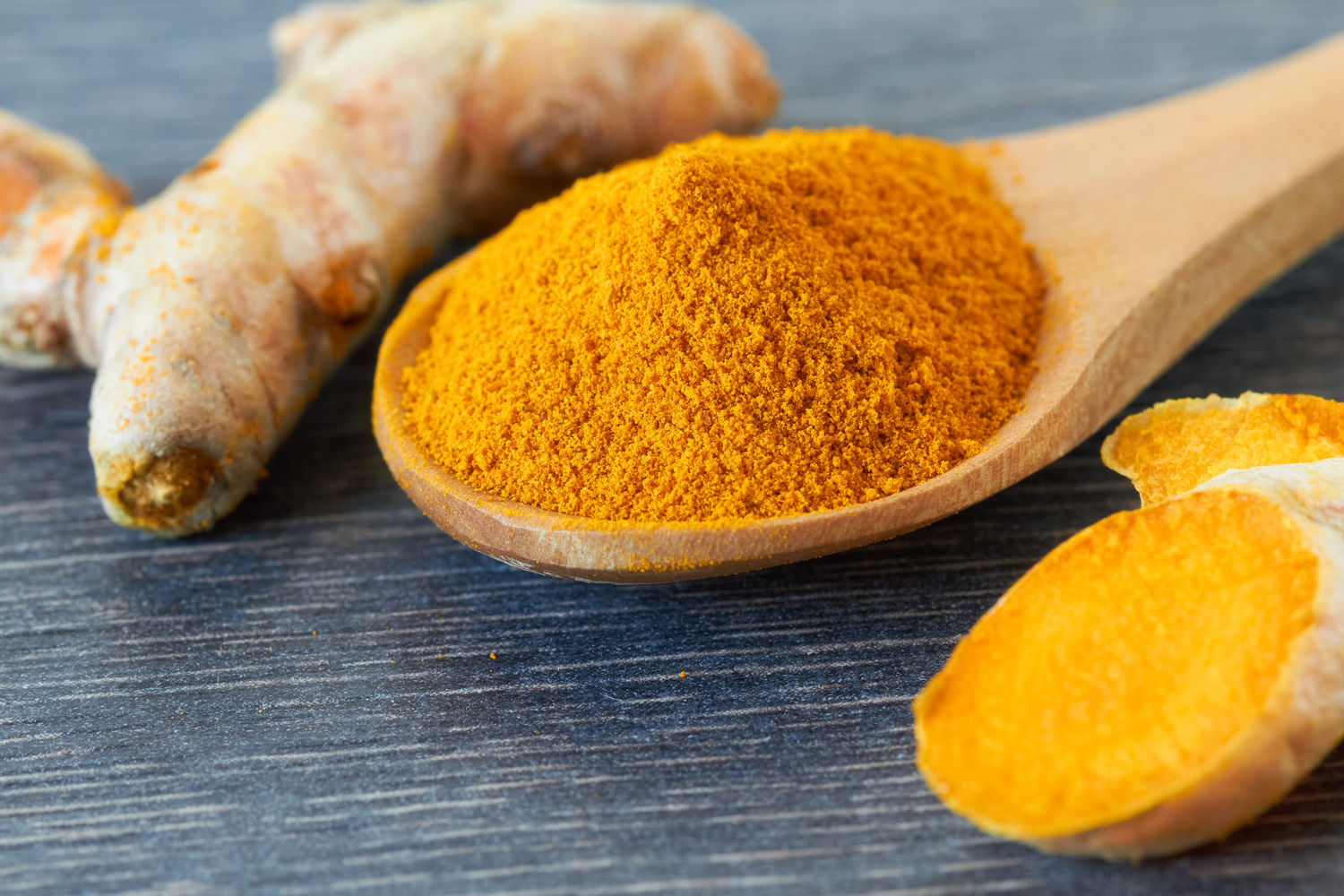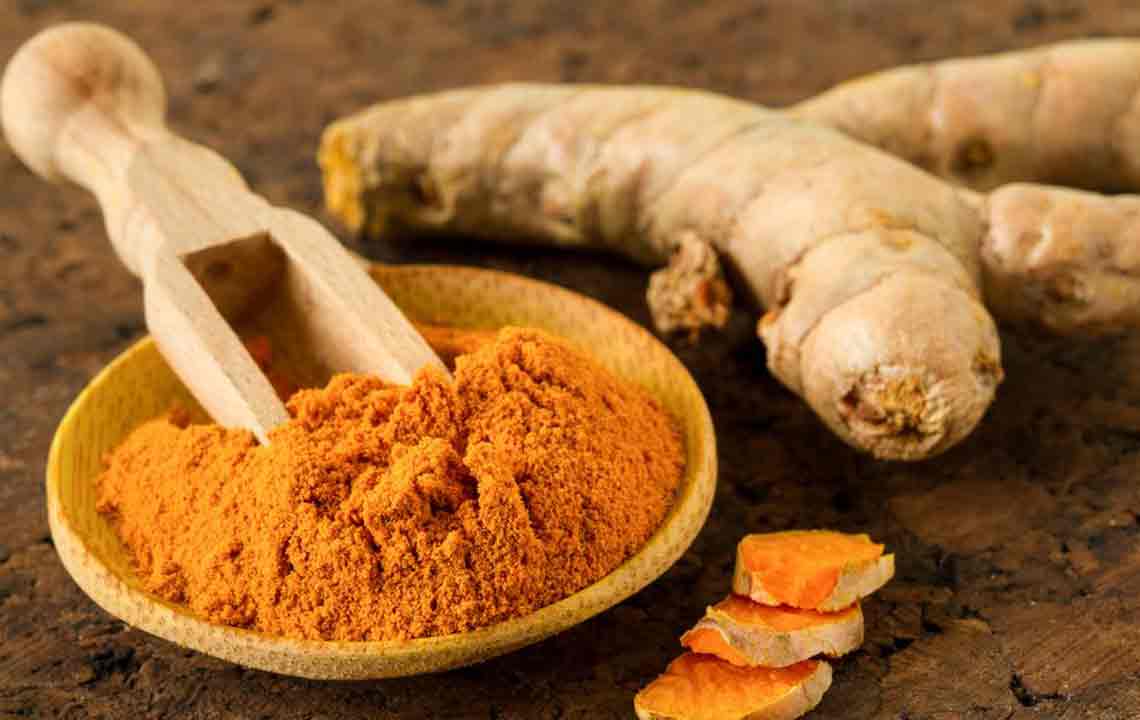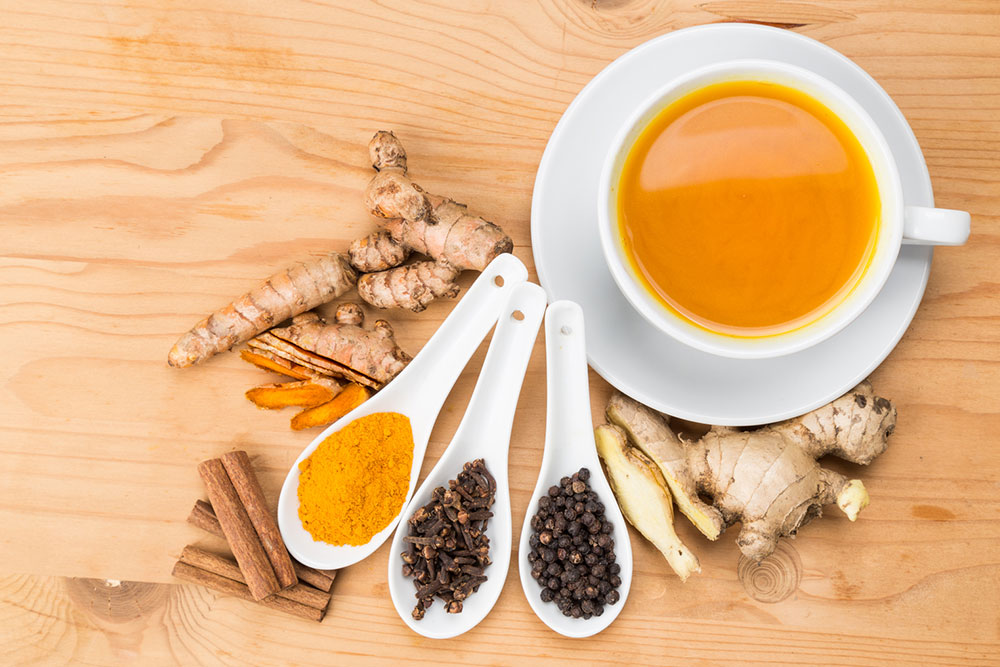The Benefits and Uses of Turmeric and Its Active Compound Curcumin
This article explores the health benefits, cultivation, and culinary uses of turmeric and curcumin. It highlights their medicinal properties, how they can be incorporated into everyday diets, and potential side effects. Learn how these natural superfoods can boost immunity, improve brain and heart health, and potentially combat various diseases. Discover the global sources and the significance of including turmeric in a health-conscious lifestyle for overall well-being.
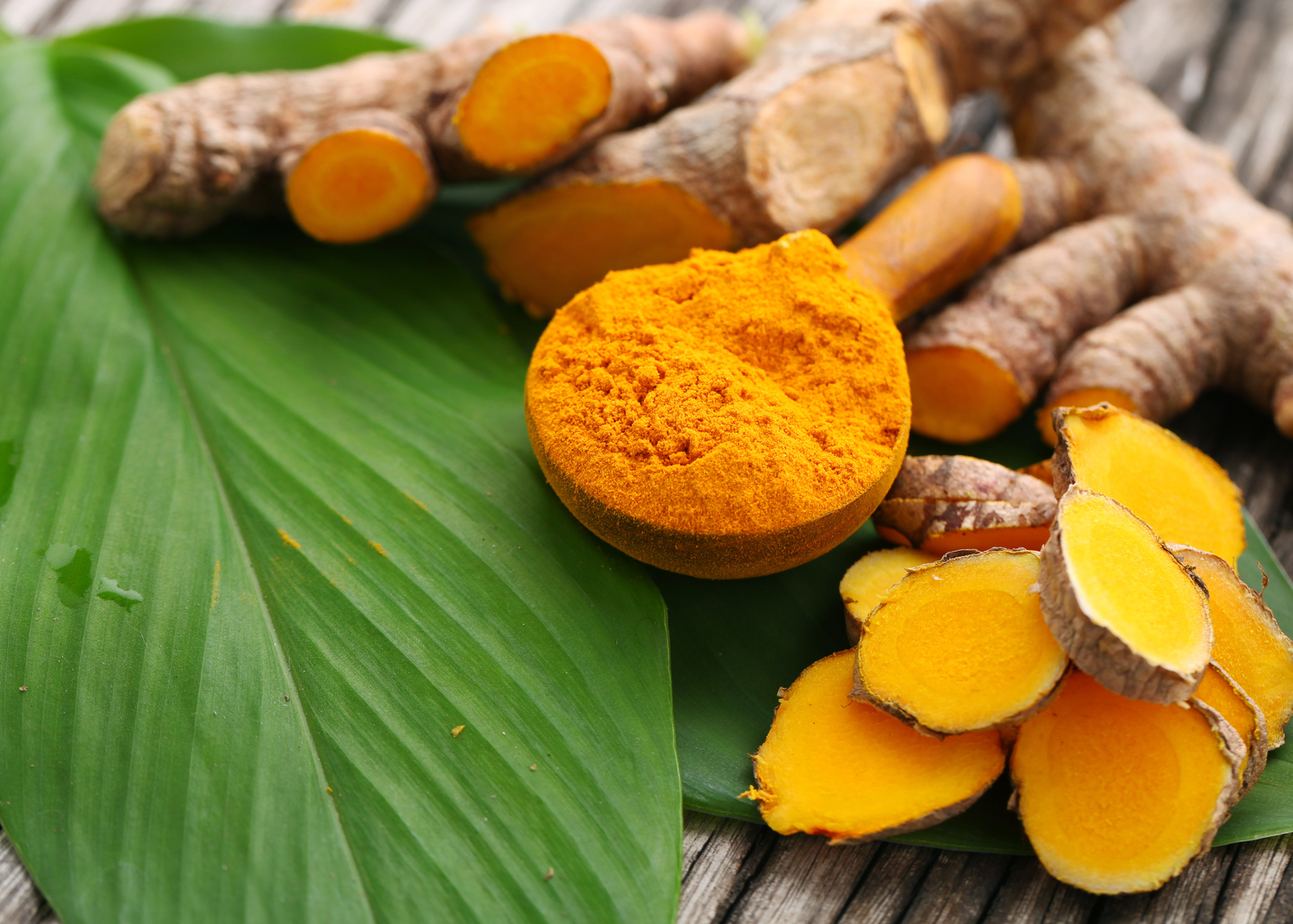
Exploring Turmeric and Curcumin: Nature's Power Duo
Discovering the Power of Turmeric and Curcumin
Spices have played a vital role in traditional medicine and cuisine for centuries. Among these, turmeric stands out due to its remarkable health benefits and culinary versatility. Its key bioactive compound, curcumin, is celebrated for its potent medicinal properties. As awareness grows, turmeric and curcumin are becoming staples in health-conscious diets worldwide.
What is turmeric?
Turmeric is a vibrant yellow-orange spice derived from the root of the turmeric plant.
It offers a warm, slightly bitter flavor, predominantly used in Asian curry dishes.
The roots of the turmeric plant contain valuable compounds with health-promoting effects.
Curcumin, the primary active component, accounts for most of turmeric's therapeutic properties.
What is curcumin?
Curcumin is a natural chemical found in turmeric and various other plants, often used interchangeably with turmeric itself.
This bright yellow pigment lends turmeric its characteristic hue.
Curcumin is used as a supplement, flavor enhancer, and cosmetic ingredient.
It is primarily extracted from the dried rhizomes of the turmeric plant.
The dried rhizome content is processed to yield about 2-5% curcumin, enhancing its health benefits.
Where is turmeric primarily cultivated?
Turmeric is mainly grown in Southeast Asia, with limited wild abundance.
India, China, and African countries are the top producers.
Due to its health benefits and culinary appeal, turmeric is widely available in international markets, especially in Indian and Chinese stores.
Health advantages of turmeric and curcumin
Although primarily used for flavor, turmeric and curcumin offer significant health benefits.
They possess anti-inflammatory and antioxidant properties that help combat diseases and slow aging processes.
Consuming these compounds may enhance brain health and reduce neurodegenerative disease risks.
They are linked to lower heart disease incidence and a potential decrease in cancer risk.
Evidence suggests they might improve arthritis symptoms and possibly delay Alzheimer’s disease onset.
Potential side effects of turmeric and curcumin
Excessive intake can lead to digestive issues like indigestion, nausea, and diarrhea.
Though rare, some individuals may experience skin reactions such as rashes.
Ways to incorporate turmeric into your diet
Add a spoonful of turmeric powder to warm milk for a soothing drink.
Mix turmeric powder in raw honey to boost immunity and relieve cold symptoms.
Enhance your vegetable soups or sprinkle turmeric on breakfast foods for added health benefits.
Embrace natural remedies and savor turmeric's advantages daily!

